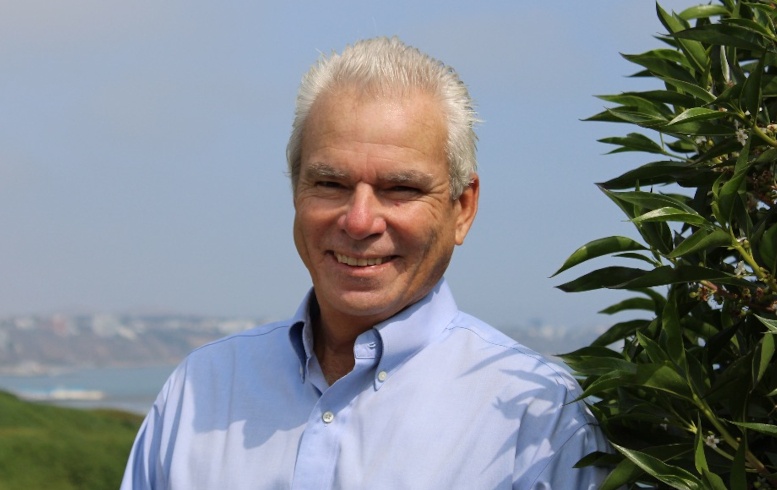Cannabis advocates in Peru say establishing a hemp program – now non-existent – is key to better aligning the country with international Sustainable Development Goals and can drive economic development.
Opening up a market for hemp would attract investors, spark innovation and new technology while providing employment and tax income to the government, supporters say.
“Hemp represents a golden opportunity to develop a sustainable new industry,” said Raul Injoque, Peru’s ambassador to the Latin American Industrial Hemp Association, and could boost the fortunes of the 2.3 million small and medium-sized farms that make up the bulk of the country’s agriculture sector.
Restrictive rules
Peru’s current cannabis regulatory framework is focused exclusively on medical cannabis. Strict rules under that program require non-flower cannabis biomass to be destroyed, costing time and money. That part of the regulation must be scrapped as the first step in developing a hemp industry in Peru, Injoque suggested.
Authorities involved in Peru’s existing medical cannabis program are led by the Ministry of Health, with support from the Ministry of Agriculture. The Anti-Drug Directorate (DIRANDRO), which operates under the Ministry of the Interior, and the National Agricultural Health Service (SENASA), responsible for imports of seeds and agricultural inputs, also have jurisdiction.
It’s expected that those agencies would also play a part in the management of a national hemp program.
In the absence of a hemp law, Peruvian hemp is limited to testing by the textile industry and cosmetics and other topical products available by prescription only in some pharmacies. Market regulations also allow for the import of some hemp by-products including shelled hemp seeds for food supplements, but restrictions apply.
Stigma still a problem
Injoque said initiatives sponsoring studies at the university level have not advanced due to the rigid legal requirements and an overall stigma against cannabis that has prevented students and professors from gaining approval for that academic work.
Peru’s medical cannabis law was approved in 2017 and took effect in 2019. A subsequent cultivation law enacted in 2021 allows medical cannabis users to form associations to cultivate, extract and process cannabis locally.
But with strict and costly growing requirements, only one such license has been granted and no other applications are under review, according to Injoque.
Peru currently imports medical cannabis from Colombia, Uruguay, Canada and the United States. There are 56 pharmacies with licenses to dispense cannabis across the country.

